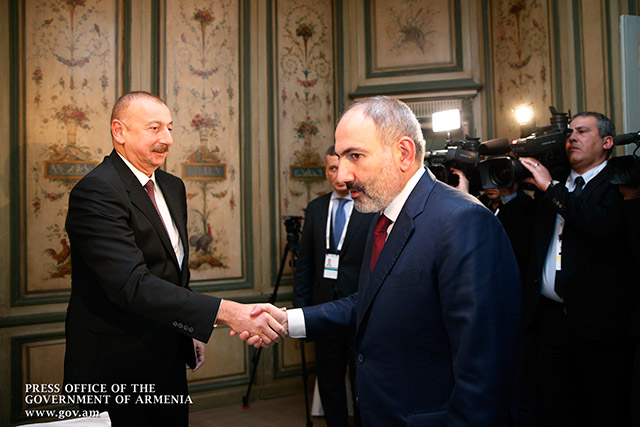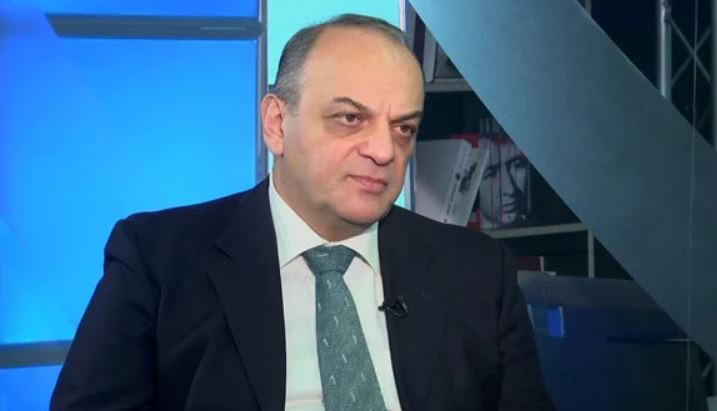Aravot Daily interviewed the Ambassador Extraordinary and Plenipotentiary of the Republic of Armenia and the former Minister of Foreign Affairs of Artsakh Arman Melikyan.
- After the Putin-Pashinyan telephone conversation, the Lavrov-Mirzoyan meeting and the “summary” of the representative of the Russian Foreign Ministry Maria Zakharova, there are opinions that there is growing pressure on Armenia. How far can these pressures go and how should we try to resist them?
I will not say anything about the means of resisting the pressure as it is not a topic for idle public discussion. I think that the goal of both Turkey and Azerbaijan, as well as their main partner states, is for Armenia to fit into the borders of the Armenian SSR, to come to terms with those borders, and not to cause trouble to anyone with its demands. This is the situation today.
Read also
- The Human Rights Defender had warned that Azerbaijani soldiers had deliberately set fire to the Armenian pastures near the villages of Sotk and Kut. However, on this occasion, the Armenian authorities seem to have adopted a conventional stance. We do not hear sharp and targeted statements, there are no explanations. How would you explain this behavior?
Sharp statements should also be based on the potential for non-verbal action. If the Armenian authorities do not want to take action because they do not have the necessary potential or, for some reason, do not find it important, then the meaning of making statements is lost. If you have to say something but do not use any means to dispel your dissatisfaction, then your statement loses its value and you become a subject of ridicule both inside and outside. Silence is also a good hiding place.
- September 2nd was the 30th anniversary of the proclamation of the Artsakh Republic, but Prime Minister Nikol Pashinyan did not visit Artsakh. On this occasion and on the occasion of the proclamation of the Artsakh Republic in general, a lot of criticism was voiced regarding the behavior and positions of the Armenian authorities. Was that behavior acceptable and logical for you?
The issue of Artsakh has not been among Prime Minister Pashinyan’s political priorities from the beginning. This was evident both during the pre-election period and when carefully reading the programs of the governments he headed. It can be said that Prime Minister Pashinyan remained true to his principles in this case as well.
- There is a lot of talk that the Armenian authorities are going to sign a peace agreement in the next two months and recognize the territorial integrity of Azerbaijan. What developments do you predict?
It is quite a possible option. The process may take longer in terms of timing, but now the recognition of Azerbaijan’s territorial integrity by official Yerevan is really a matter of time. That is why the issue of Artsakh’s status may once again become one of the sensitive nodes of the international political agenda in our region.
Tatev Harutyunyan



























































